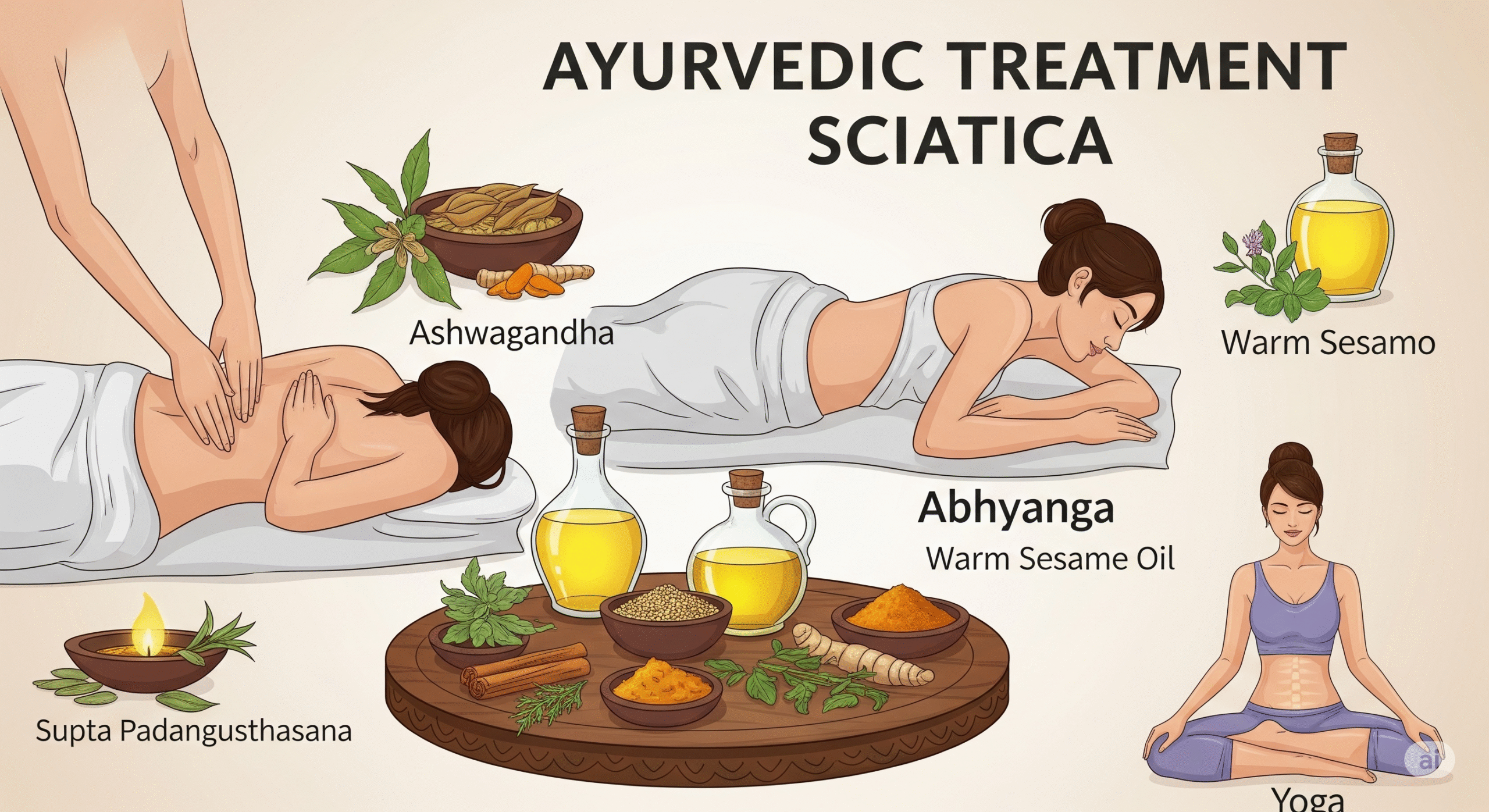Cow ghee, often referred to as “liquid gold” in Ayurveda, holds a sacred place in Indian culture and Vedic traditions. Beyond its culinary uses, cow ghee is celebrated for its profound health benefits and its role in purifying the environment through rituals like havan (homam) and yagna. This blog explores the extraordinary properties of cow ghee, its ability to combat radioactive pollution, its health benefits, and its role in producing oxygen during Vedic fire rituals. Let’s dive into the science and spirituality behind this ancient superfood.

What is Cow Ghee?
Cow ghee is clarified butter made from the milk of indigenous (desi) cows. Unlike regular butter, ghee is prepared by simmering butter to remove water, milk solids, and impurities, leaving behind a golden, nutrient-rich fat. In Ayurveda, cow ghee is considered a rasayana (rejuvenating substance) that promotes longevity, vitality, and overall well-being.
Key Nutrients in Cow Ghee
Cow ghee is packed with essential micronutrients, including:
- Conjugated Linoleic Acid (CLA): Known for its anti-cancer properties.
- Butyric Acid: Supports gut health and reduces inflammation.
- Beta-Carotene: A powerful antioxidant that promotes skin and eye health.
- Vitamins A, D, E, and K: Fat-soluble vitamins that boost immunity and bone health.
- Gold Particles (Swarn Char): Traces of gold particles believed to have medicinal properties, unique to desi cow ghee.
These nutrients make cow ghee a potent elixir for health and healing.
Cow Ghee in Vedic Rituals: Purifying the Environment
In Vedic traditions, cow ghee is an essential component of havan and yagna, fire rituals performed to cleanse the environment and invoke divine blessings. When cow ghee is offered into a consecrated fire, it produces a remarkable environmental effect, neutralizing pollutants and even radioactive radiation.
How Does Cow Ghee Purify the Air?
When a small amount of cow ghee (approximately one teaspoon or 10 grams) is offered into a fire during a havan, the smoke generated spreads across a wide area, purifying the atmosphere. According to ancient texts and some modern studies, this process:
- Neutralizes Radioactive Radiation: The smoke from burning cow ghee is believed to absorb and neutralize harmful atomic radiation in the environment.
- Produces Oxygen: Astonishingly, one teaspoon of cow ghee offered into a fire can generate up to one ton of oxygen. This oxygen production is unparalleled by any other natural or artificial means, making havan a powerful tool for environmental rejuvenation.
- Eliminates Pollutants: The smoke from cow ghee acts as a natural air purifier, eliminating toxins, pathogens, and pollutants from the atmosphere.
This is why lighting a ghee lamp in temples or performing yagna during religious ceremonies is a common practice in Hinduism. These rituals not only have spiritual significance but also contribute to a healthier environment.
The Science Behind Oxygen Production
While the claim of producing one ton of oxygen from a teaspoon of ghee may seem extraordinary, it is rooted in the chemical properties of ghee and the combustion process. When cow ghee burns, it releases volatile organic compounds and carbon-based particles that interact with the atmosphere. These interactions may enhance the availability of oxygen molecules in the surrounding air. Although scientific research on this specific claim is limited, the antimicrobial and air-purifying properties of ghee smoke have been documented in studies, lending credence to its environmental benefits.
Health Benefits of Cow Ghee: A Natural Healer
Beyond its environmental impact, cow ghee is a powerhouse of health benefits. Regular consumption of desi cow ghee, especially from black or indigenous breeds, is said to reverse aging, boost immunity, and protect against chronic diseases.
1. Anti-Aging Properties
Cow ghee is revered as a rasayana in Ayurveda for its ability to maintain youthfulness and delay aging. The presence of antioxidants like beta-carotene and vitamin E neutralizes free radicals, preventing cellular damage and keeping the skin youthful. It is said that consuming ghee from black cows can make even an elderly person feel as vibrant as a young adult.
2. Cancer Prevention
The micronutrients in cow ghee, such as CLA and butyric acid, have been studied for their anti-cancer properties. These compounds strengthen the body’s immune system and help fight cancerous cells. Regular consumption of cow ghee may reduce the risk of developing serious illnesses like cancer.
3. Boosts Immunity
Cow ghee is rich in fat-soluble vitamins that enhance immunity. Its anti-inflammatory properties also support gut health, which is closely linked to a strong immune system.
4. Promotes Heart Health
Contrary to the misconception that ghee is harmful to the heart, moderate consumption of cow ghee can support cardiovascular health. The healthy fats in ghee help balance cholesterol levels and reduce inflammation.
5. Enhances Digestion
Butyric acid in cow ghee nourishes the gut lining, promotes healthy digestion, and alleviates issues like bloating and constipation.
6. Unique Gold Particles
Desi cow ghee contains trace amounts of swarn char (gold particles), which are believed to have extraordinary medicinal properties. These particles are absent in ghee made from other animals, making cow ghee uniquely therapeutic.
Cow Ghee in Daily Life: Practical Uses
Incorporating cow ghee into your daily routine is simple and highly beneficial. Here are some ways to use it:
- Cooking: Use cow ghee for sautéing, frying, or as a spread to add flavor and nutrition to meals.
- Ayurvedic Remedies: Mix ghee with herbs or spices for targeted health benefits, such as improving digestion or boosting immunity.
- Skincare: Apply ghee to the skin to moisturize, heal burns, or reduce scars.
- Rituals: Use ghee in havan, yagna, or as a fuel for temple lamps to purify the environment.
Why Choose Desi Cow Ghee?
Not all ghee is created equal. Ghee made from the milk of indigenous Indian cows (desi cows) is considered superior due to its higher nutrient content and medicinal properties. Breeds like Gir, Sahiwal, and Tharparkar produce milk with unique fatty acid profiles that enhance the therapeutic qualities of ghee.
Conclusion
Cow ghee is more than just a culinary ingredient—it is a sacred, healing substance with the power to transform both health and the environment. From neutralizing radioactive pollution to producing oxygen during Vedic rituals, cow ghee’s benefits are as profound as they are diverse. By incorporating desi cow ghee into your diet and spiritual practices, you can experience its miraculous effects on your body, mind, and surroundings.
Embrace the wisdom of Ayurveda and Vedic traditions by making cow ghee a part of your life. Whether you’re performing a havan to purify the air or consuming ghee to boost your health, this golden elixir is a gift from nature that continues to amaze and inspire.




